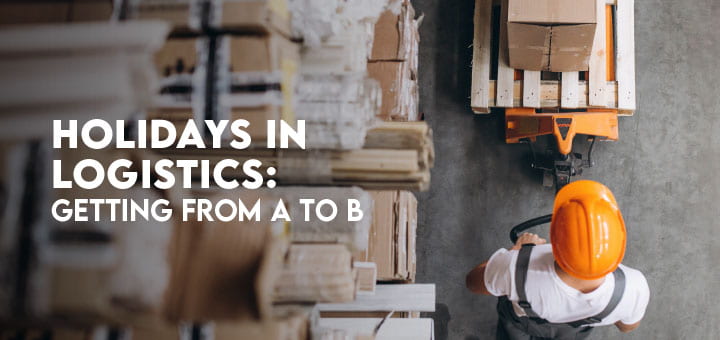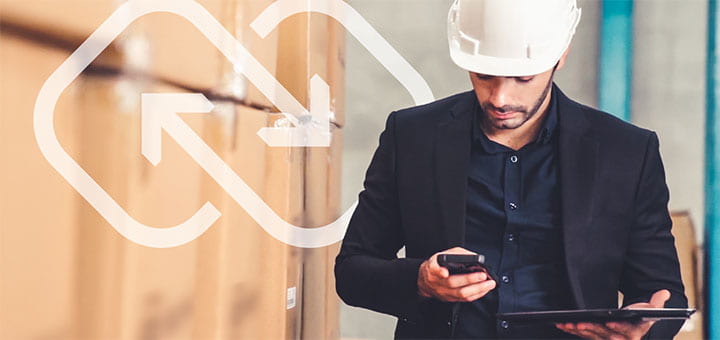As we start a new year, take some time to think about the massive undertaking that just ended for retail, one of the most critical industries in the world — supply chain management (SCM) and logistics. According to a report from McKinsey & Co., 56% of respondents said they started buying gifts in October, with 51% doing so because of concerns about product availability and 42% concerned about shipping lead times. This timeframe, on top of other well-reported economic factors, made 2022 one of the busiest and longest holiday shipping seasons ever.
This concurrence of events means that the SCM industry continues to change and adapt in notable ways:
-
- Digitization has never been more important. Every step of the process, from raw materials to finished products, through any number of facilities, is processed and tracked for security, safety, and efficiency.
- Automation is coming to the industry too. With it comes not just computer science and data analytics, but also mechanics, quality control, equipment and resource planning professionals.
- Where you keep things is becoming just as important as where you make or sell them. Fully automated warehouses and self-service delivery kiosks in stores are just two examples of innovations within the industry.
In a rapidly evolving and innovating industry, it’s important not to forget the human element. Customer service, safety, training, research and development; these are all areas where people will be needed in order to keep their organizations on the cutting edge.
With plenty of changes still coming to the SCM and Logistics industry, is your team and organization ready for the new year?
*
If you are interested in learning more about the supply chain and logistics industry, UW-Green Bay offers a number of certificates and programs dedicated to the topic! Registration is open now for our noncredit Supply Chain Management Certificate, learn more on our website.
*
Sources:
US Holiday Shopping 2022 – McKinsey and Company
Writing/Research Credit: Christopher Ledvina, UW-Green Bay Business Development Specialist



